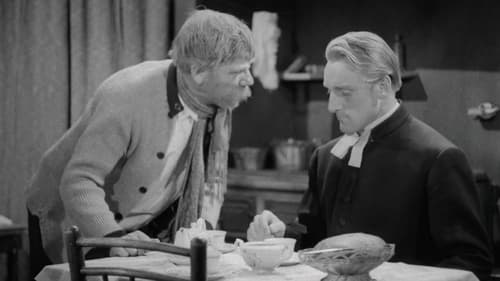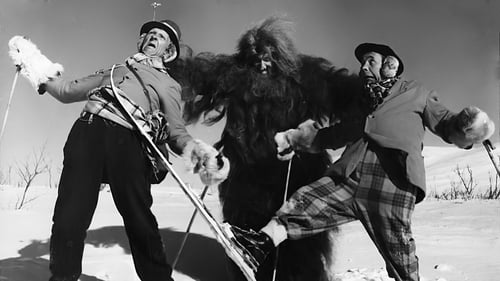Leo Lähteenmäki
Birth : 1907-06-08, Tampere, Finland
Death : 1982-10-16

Siberian Husband (uncredited)
The life of a Russian physician and poet who, although married to another, falls in love with a political activist's wife and experiences hardship during World War I and then the October Revolution.

Järvelä

Black Market Dealer
Finnish period comedy set to the times of WW I. Based on a play by Maria Jotuni.

Hemppa

Tiilipää

A film centered around a popular Finnish song book

(uncredited)

(uncredited)
The headmaster of a private girls' school is doing her best to maintain strict discipline in the school. In addition to the loosening morals of the students, the warm relationship between two girls is a causing concern.

(uncredited)
For six hundred years Sweden had controlled most of Finland until the war with Russia that ended in 1809, when Finland became a Grand Duchy of the Russian Czar. This period drama is set during that early 19th-century war and focuses on one of its heroes, Sven Tuuva. Sven is a decent yet not too brilliant soldier, and his exploits are partly balanced here by the charms of a compatriot.

Petteri Laaksonen

(uncredited)

(uncredited)
Pastor Samuel Bro has lost his faith in God. He is in conflict with the Church Council and is rejected from his priesthood. He moves away to a different life.

(uncredited)

(uncredited)
The everyday life of the small village is mixed when a fire breaks out the night after the party. The cooperative manager and fire manager alerts the young judge Heiki to the extinguishing work, but due to the confusion, extinguishing the fire turns out to be more complicated than expected.

Tauno Rafael Tuuteri 'Count de Brisson' (uncredited)

Karvajärvi (uncredited)
Pete and Runt travel to Lapland to hunt the snowman in the hope of a cash reward, and takeJustiina along as a bait.

(uncredited)

(uncredited)
Niskavuori's Aarne (Arne från Niskavuori) is a Finnish drama film from 1954. It is based on Hella Wuolijoki's play Niskavuori's Bread. In chronological order of the Niskavuori series, the film is the fourth. Aarne has married Ilona and left the house in Niskavuori, which he hosts, where his former wife Martta still lives, while the old mistress is holding the reins. Aarne and Ilona live in Helsinki, but Aarne has not been able to completely break away from Niskavuori, but keeps secretly in touch with the headmaster and gives instructions on the farm management.

Kulaus-Ramperi

Santeri Lammentausta

Lorenz van Leuven (uncredited)

Risto
The streets of Helsinki, Finland, at night. Violence mixed with incidents and everyday life. Reported by police officers on the graveyard shift.

Vili Veiviläinen

Kaarlo Kokko

Lasse Kimalainen

Volmari Kerhola

Paavo Kehkonen
The holiday of Pharmacist Himanen and Lieutenant Paavo Kehkonen turns into a nightmare when they pick up Station Chief Viirimäki, who is in a hurry to get to work. Their boat engine dies and runs into the rocks, leaving them stranded on an island with no clothes. Posing as a woman, Himanen gets to know the police chief's daughter Alli, but as a result of coincidences and misunderstandings, the two men end up in jail, each suspected in turn of being a fugitive Vikström.

Leo Paalu
A love story between a taxi driver and a travel guide in the form of a musical.

Peter von Schaslick
The film revolves around Vihtori's clandestine involvement with an attractive and rather worldly young woman named Ritva, who is planning to marry boxing champion and garage owner Klasu Tullari, son of Vihtori's friend Tomi, and their interactions with daughter Vappu and her fiancé, Peter von Schaslick, a mechanic in Klasu's garage, under the nose of the threatening and suspicious Klaara, with lazy son Nisse acting as a rather sardonic Greek chorus. Teuvo Tulio's only comedy.

(uncredited)

Aleksanteri I
February Manifesto was Yrjö Norta's and Toivo Särkkä's Finnish movie from 1939. It is a Finnish historical drama about developing independency based on book of the writer Mika Waltari. Movie Starring Tauno Palo and Regina Linnanheimo. For it's anti-soviet thematics it was banned in Finland from 1944 to 1987.

Olavi

Lauri Auermaa











